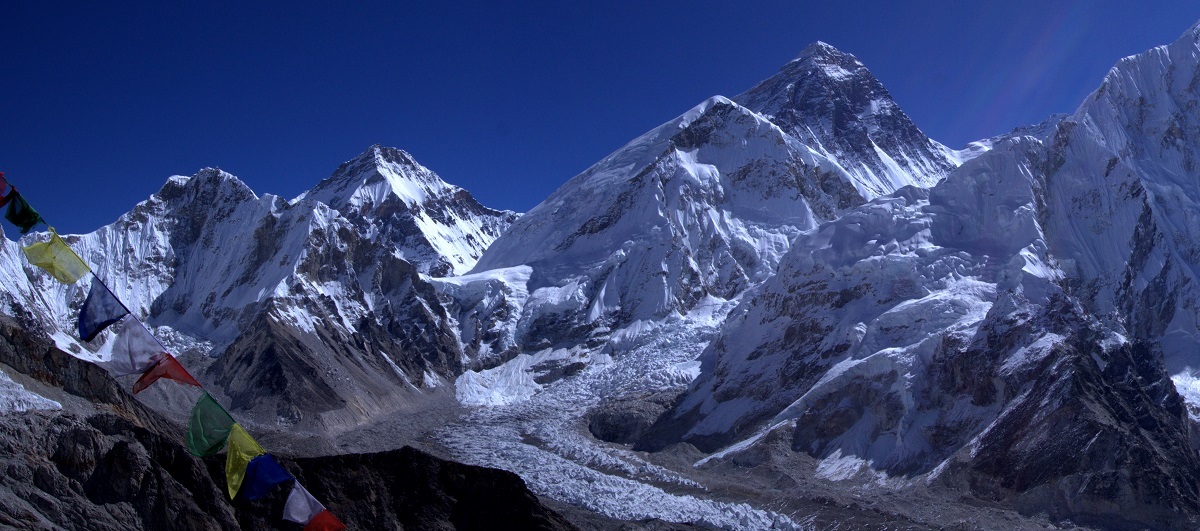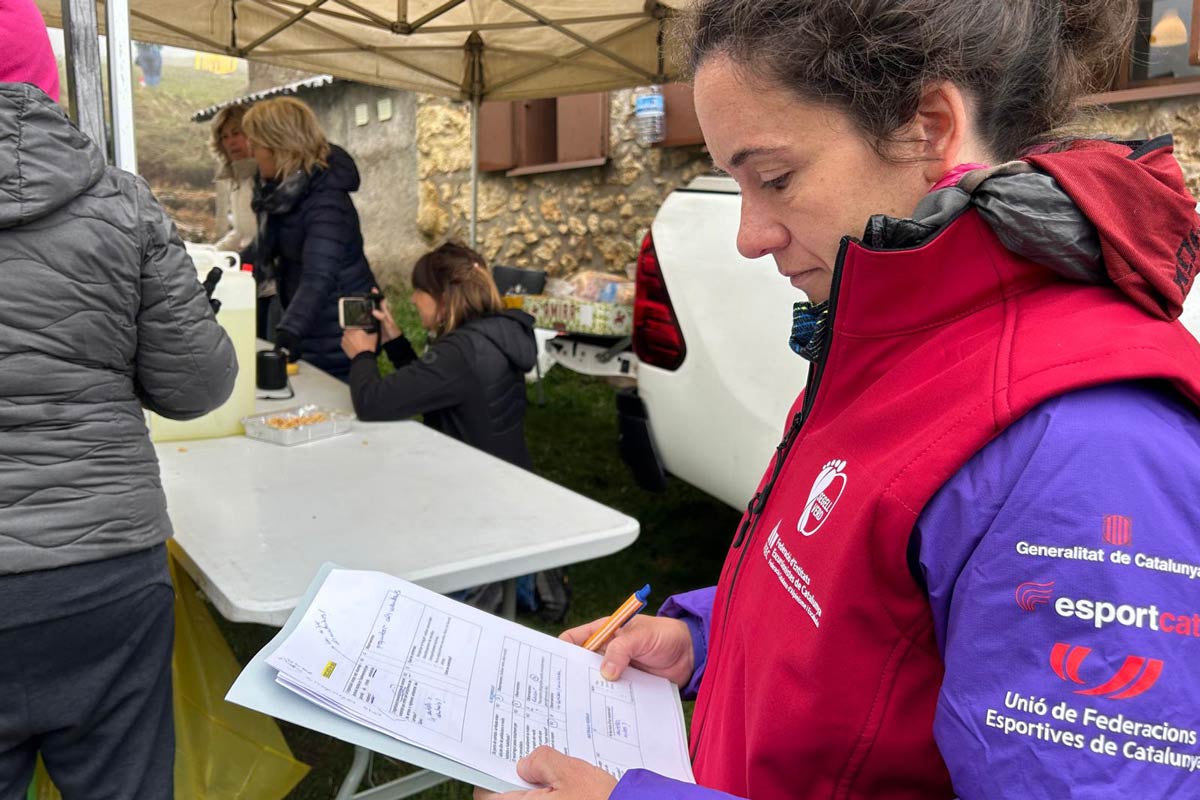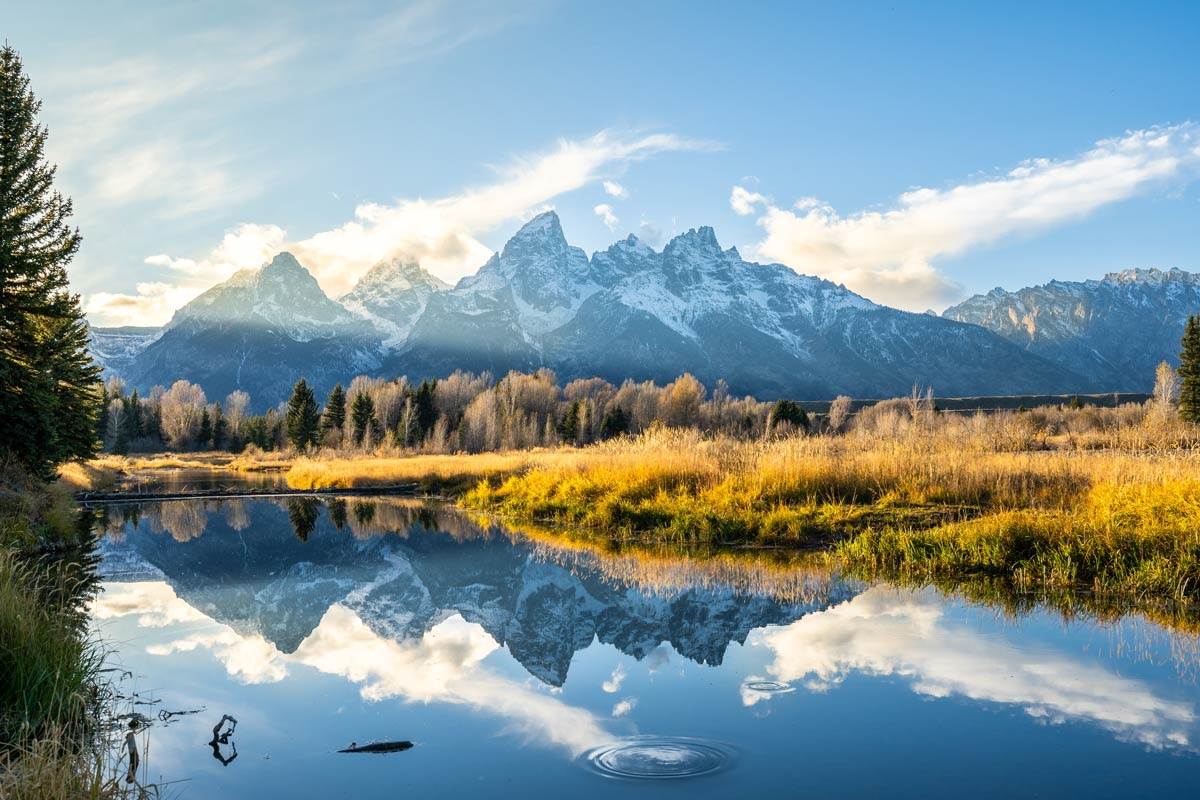UIAA president Frits Vrijlandt welcome the move as long over due and necessary in an interview with NBC News:
“I’ve seen this garbage,” Frits Vrijlandt, president of the International Mountaineering and Climbing Federation (UIAA), who summited the 29,029-foot peak in 2000 told NBC News. “Gas canisters, oxygen bottles, broken tent remains, sleeping bag parts, equipment that people use for carrying them.”
Tourist traffic to the mountain has increased in recent years, and teams with little climbing experience who are shepherded along by international expedition companies may be partly to blame for the waste disposal problem.
“It’s not a trip to Disneyland,” Vrijlandt said.
He said he has heard of an assortment of odd objects being taken up the slopes by rookie climbers, including coffee makers and gear to watch movies inside tents. “I think this new rule is a big step forward, and UIAA really supports preserving and supporting the mountains,” Vrijlandt said.
Authorities would said legal action would be taken against climbers who failed to comply although few details have been removed about what the penalty of fine will be for if a climber does not follow the new directives:
The rule, one of several new measures for mountaineering in Nepal, will apply to climbers ascending beyond Everest’s base camp from April, said tourism ministry official Madhusudan Burlakoti.
“The government has decided, in order to clean up Mount Everest, each member of an expedition must bring back at least 8kg of garbage, apart from their own trash,” he said.
Decades of mountaineering have taken a toll on the peak, which is strewn with rubbish from past expeditions, including oxygen cylinders, human waste and even climbers’ bodies, which do not decompose in the extreme cold.
Expeditions will have to submit their refuse to an office to be set up next month at base camp. It will also offer medical aid and mediation services, after a brawl between European climbers and local guides last year.
Although expeditions have to pay a $4,000 (£2,390) deposit, which is refunded once they show they have brought back everything they took up the mountain, enforcement has been a problem.
“Our earlier efforts have not been very effective. This time, if climbers don’t bring back garbage, we will take legal action and penalise them,” Burlakoti said.
Last month, Nepal cut its fees for individual climbers to Everest and other Himalayan peaks to attract more mountaineers, sparking concerns of increased traffic and more rubbish being left on the mountains.
In an overhaul of security, the new office at Everest base camp will be staffed by soldiers and police so climbers can approach officers with any problems, officials said last month.
Environmental and climbing groups have long sought to focus attention on the waste problem, with clean-up projects having also been organised.
Discarded oxygen and cooking gas cylinders, ropes, tents, glasses, beer cans, plastic and even the remains of a helicopter made up 75 artworks commissioned for a Kathmandu exhibition in 2012, highlighting the environmental impact of alpine tourism.
Everest is a key revenue earner for the impoverished country, with hundreds scaling the mountain every year during the peak climbing season in April and May.



